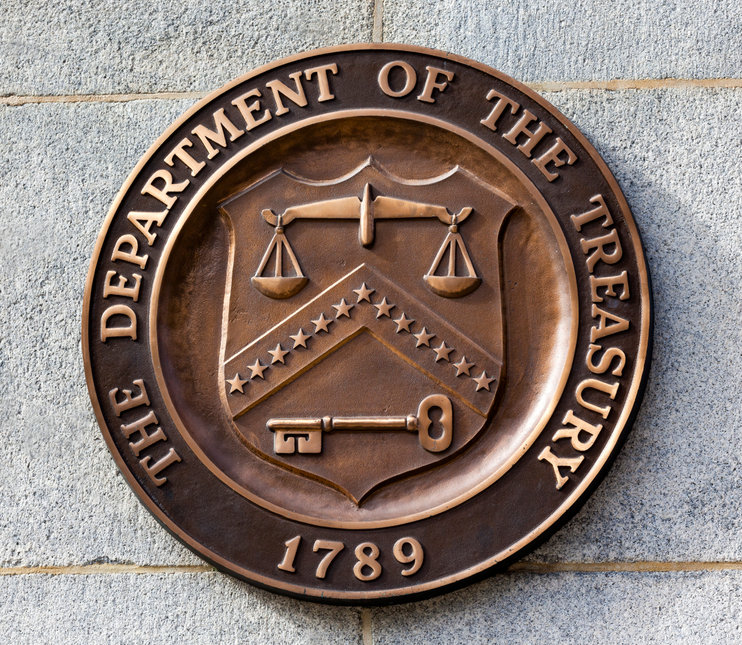Unlock the Editor’s Digest for free
Roula Khalaf, Editor of the FT, selects her favourite stories in this weekly newsletter.
Sir Keir Starmer has opened the door to a multibillion-pound increase in employer national insurance contributions in this month’s Budget, in a move that critics say would add to the tax burden on business.
Labour’s election manifesto appeared to rule out an increase in national insurance, but in the House of Commons on Wednesday Starmer refused to exclude increasing the rate paid by employers, as opposed to employees.
Chancellor Rachel Reeves could raise billions of pounds in her Budget by including employer pension contributions in the NI system, according to pensions experts.
Rishi Sunak, leader of the opposition, asked Starmer on Wednesday whether he would exclude a rise in employer NI contributions, but the prime minister ducked the question.
Starmer said he would not be drawn on specific tax decisions in the Budget. “We made an absolute commitment in relation to not raising tax on working people,” he said.
Labour’s manifesto said: “We will ensure taxes on working people are kept as low as possible. Labour will not increase taxes on working people, which is why we will not increase national insurance, the basic, higher, or additional rates of income tax, or VAT.”
Starmer’s spokesman on Wednesday refused to say whether the apparent pledge to “not increase national insurance” applied to the employer component, adding: “It means what it says.”
Sir Steve Webb, former Liberal Democrat pensions minister, published a report last month for the pensions consultancy LCP, predicting that Reeves would levy NI on employer pension contributions.
Levying NI on employer pension contributions at a flat 13.8 per cent rate would raise up to £18bn per year by the end of the decade, according to recent research by the Resolution Foundation think-tank.
Public sector employers would need to be reimbursed for their extra costs, meaning up to £12bn per year could be raised by ending the current tax break.
The think-tank suggested that of this, about £3bn should be used to give full employee NI relief on employee pension contributions, which it said would particularly benefit basic-rate taxpayers. This means the tax change could raise up to £9bn a year for Reeves, although the Treasury could choose to impose a lower rate.
Jeremy Hunt, shadow chancellor, has warned that if Reeves went down that route, it would be a “straight tax on business”.
Raj Mody, partner and pensions specialist at PwC, said there could be implications for employee salary sacrifice schemes.
“If the NI regime was changed, employers may well want to reconsider whether these arrangements are still sensible.”
A poll of large employers found that 42 per cent of those that pay pension contributions greater than the auto-enrolment minimum would reduce them if NI was introduced.
The poll by the Association of British Insurers (ABI) and the Reward and Employee Benefits Association found that 40 per cent would try to maintain their current pension contribution levels despite the increased cost, with some respondents suggesting they would reduce their investment in other employee benefits or stick to the minimum contribution level in future.
Sunak has accused the government of drawing up plans for much higher borrowing if — as expected — it introduces a new fiscal rule in the Budget later this month.
Reeves is looking to change the measurement of debt to allow her to borrow billions of pounds more for capital investment, a move supported by some economists but which has caused jitters in bond markets.
In the House of Commons on Wednesday, Starmer sought to turn his fire back on Sunak, saying that the last Conservative government had left a £22bn fiscal black hole. “Unlike them, we won’t walk past it,” he said.
Additional reporting by Mary McDougall and Michael O’Dwyer in London
Credit: Source link














